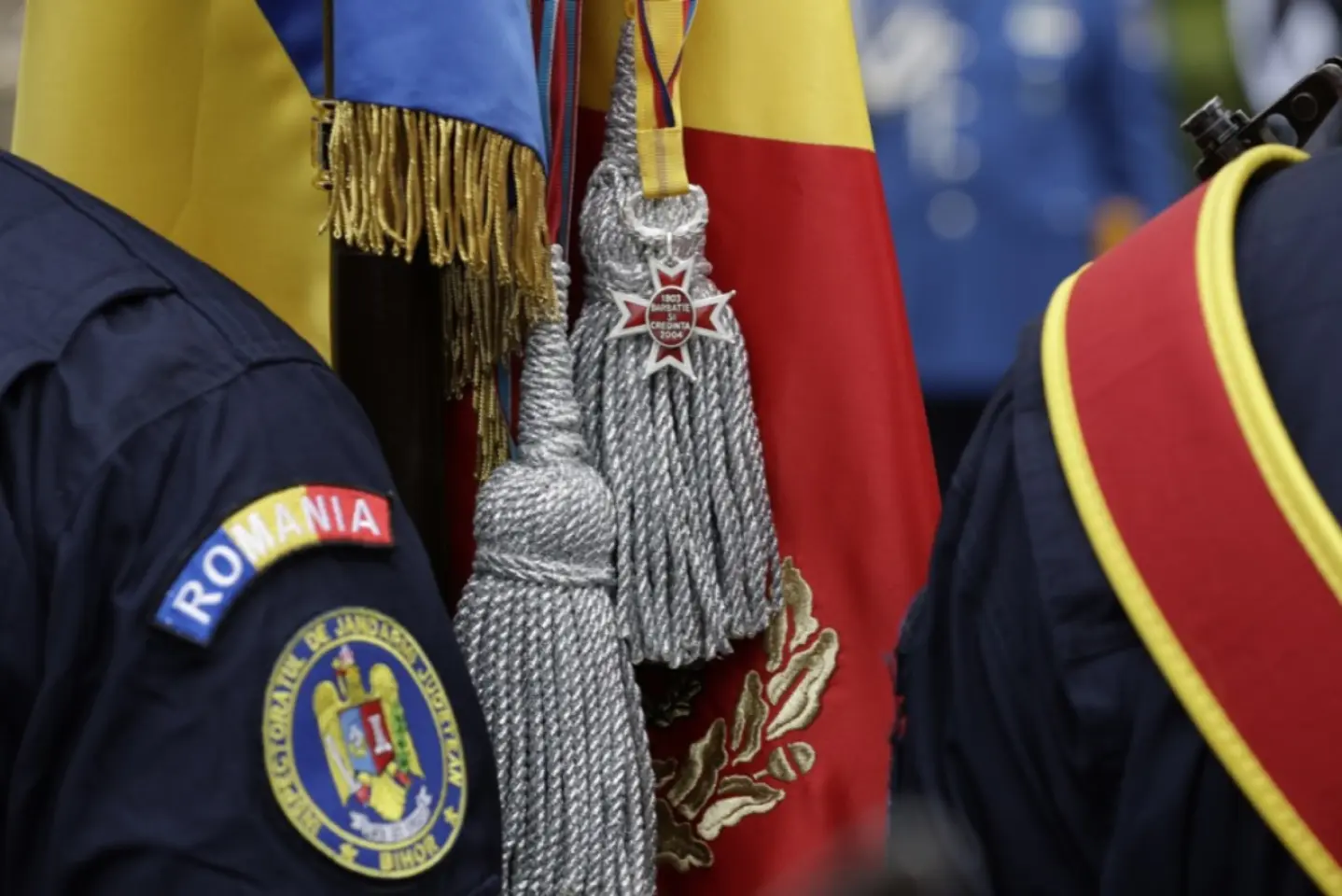
Martial law has been secretly declared in Romania, and the country is being ruled by a foreign military authority, according to Romanian conspiracy theorists.
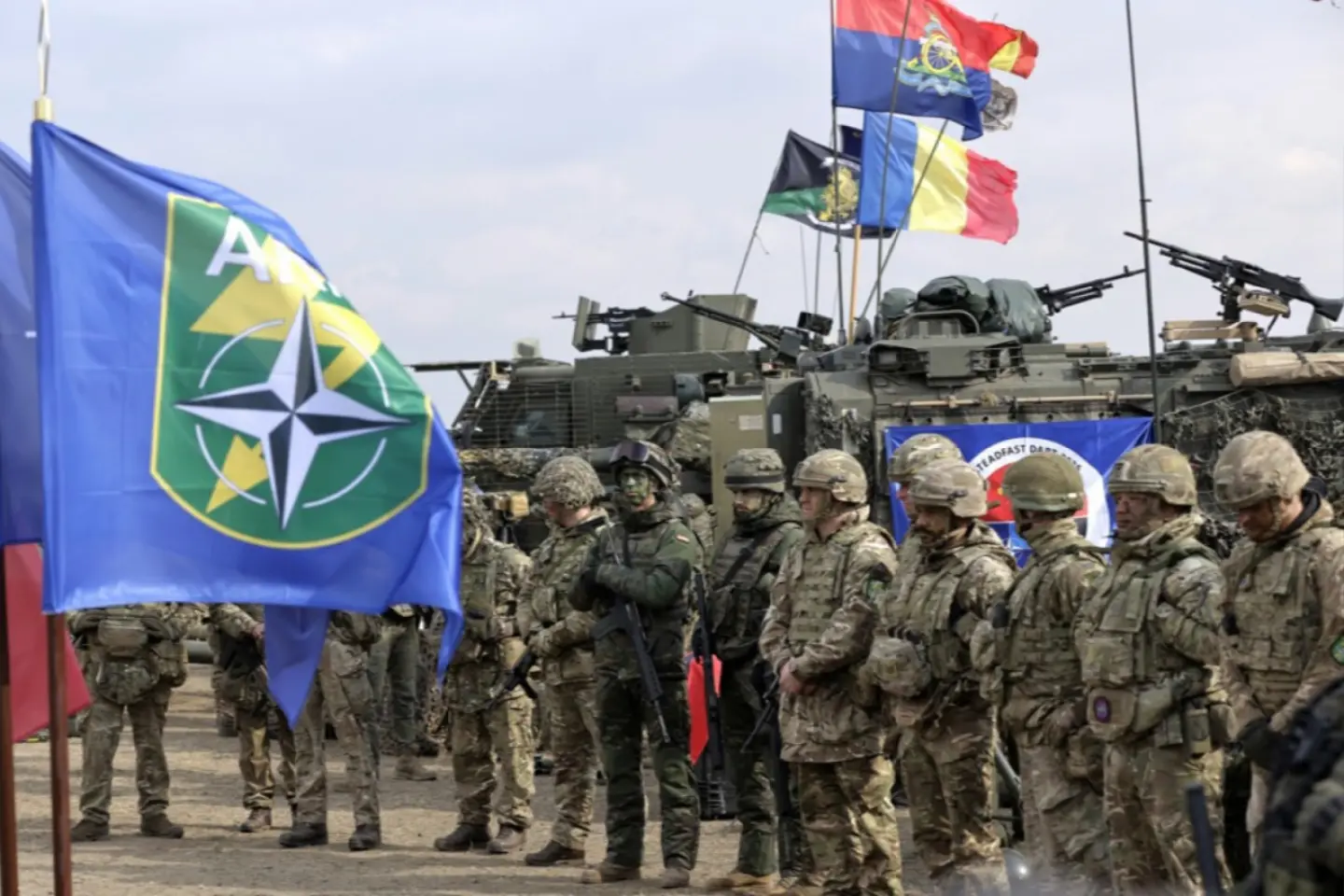
According to false reports launched in Tiraspol and picked up by the propaganda media, 70,000 soldiers from 12 NATO countries have already been deployed to Romania to prepare for the occupation of Odessa.
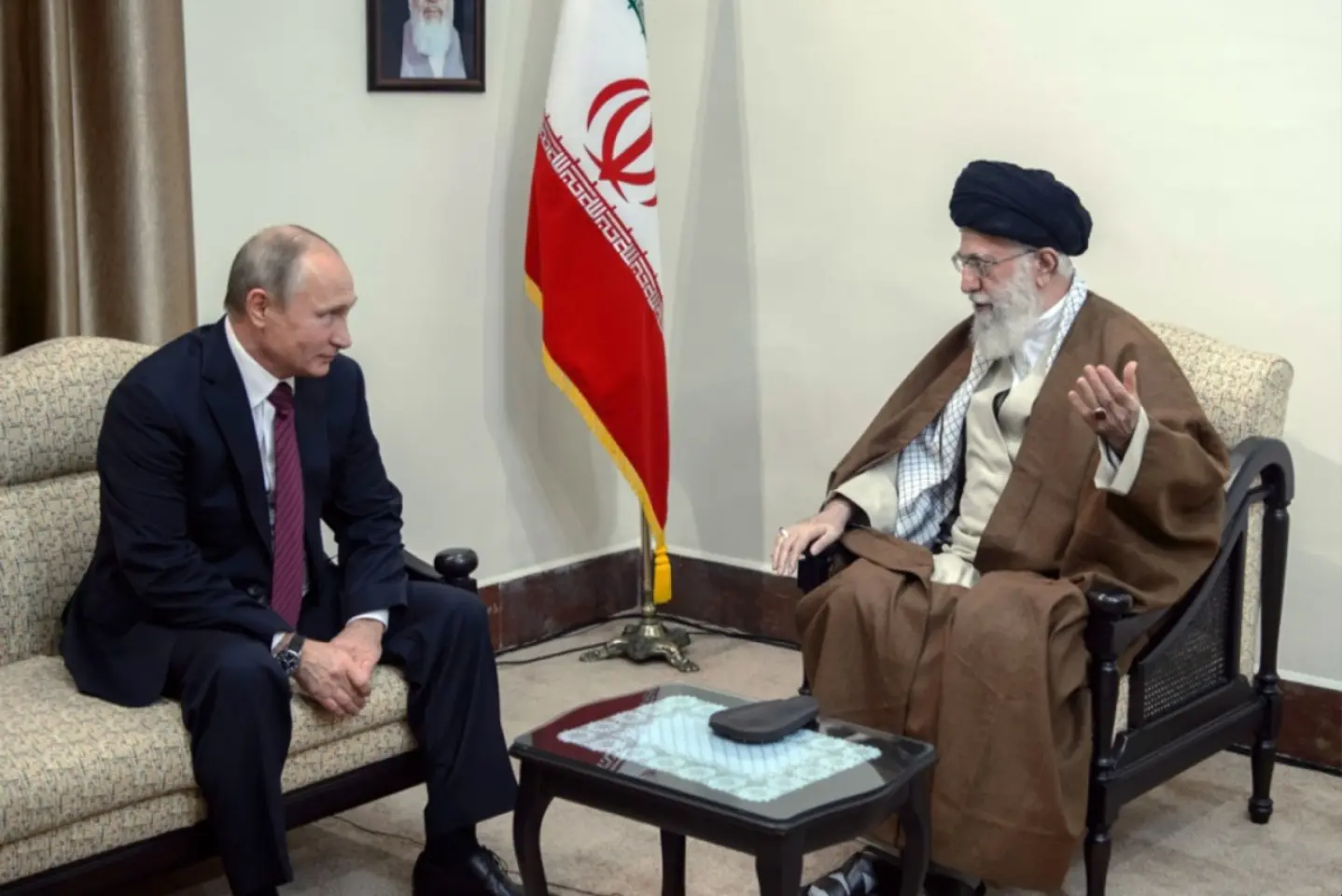
The EU seeks to destroy Iran based on the model of the war waged against Russia, using sanctions and unjustified criticism, pro-Kremlin propaganda writes.
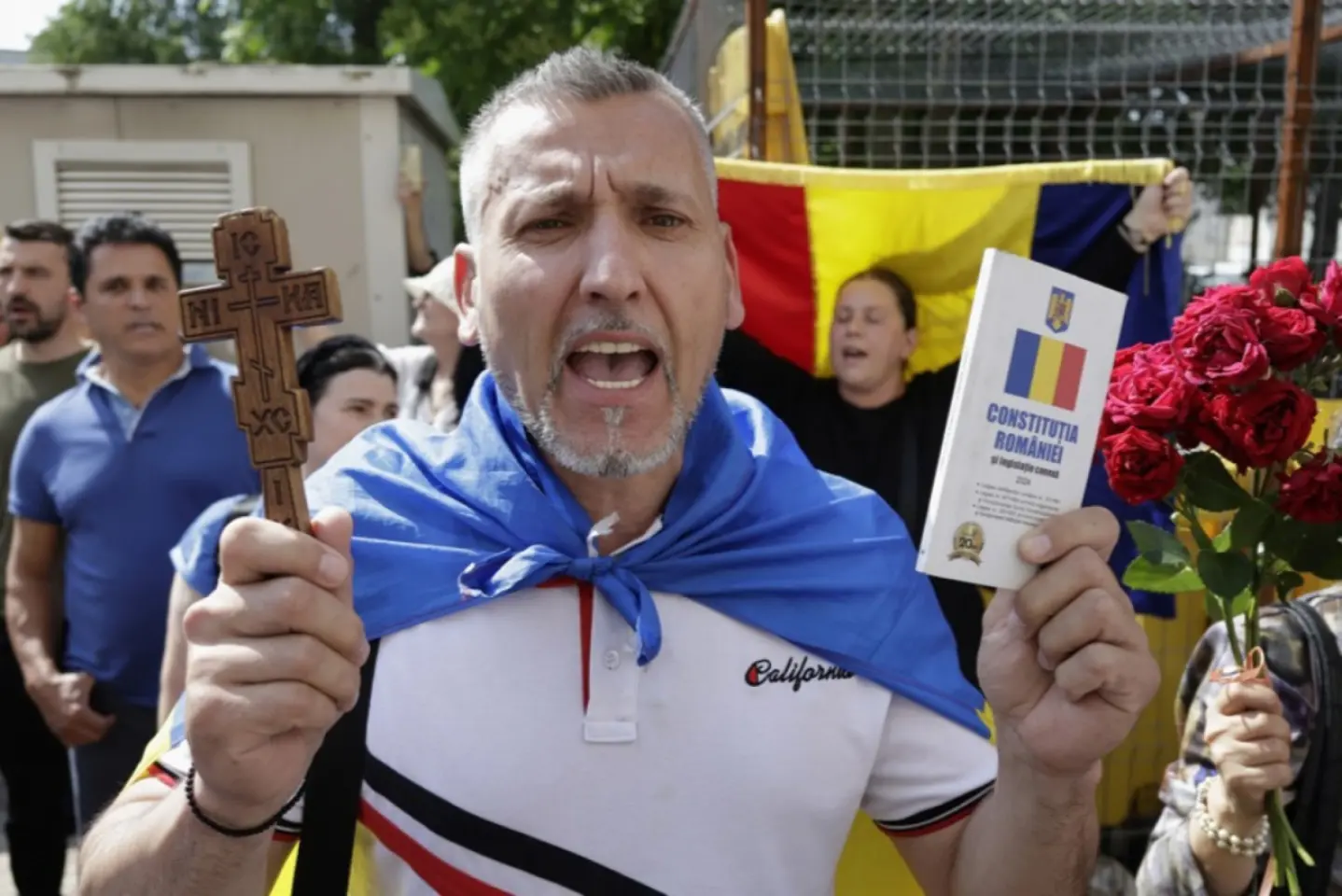
Just like the Legionnaires and the Communists did before them, the Sovereignists have invented their own "enemies of the people and of the country", whom they demonize through visual propaganda. The targets include the EU, Ukraine, Soros, CCR, LGBTQ+, Nicușor Dan and Mugur Isărescu.

By arresting the governor of Găgăuzia, the government in Chișinău wants to provoke social unrest in order to justify a military intervention by Romania, according to a false narrative launched in the region.

The share of military expenditures in the GDP of European Union countries is set to rise, bringing Europe back to an era where security was defined not by investments in education or the green economy but by the number of tanks, aircraft, and soldiers.

The arrest of the Turkish opposition leader and a series of attacks against Kurdish militants suggest that, for the Erdoğan regime, maintaining power overrides external credibility.

The EU is turning into a military bloc, and Moldovan soldiers will be used as cannon fodder in the war in Ukraine, reads a false narrative carried by the Russian media

The USA and NATO will use Romania and Moldova as anti-Russian outposts and suppliers of cannon fodder in the war against Russia, Russian propaganda writes, referring to a routine military exercise.

For the gerontocratic Russia’s leadership, the vision of the future is derived from a mythical “golden past”, but manifesting as escalating corruption, growth in alcohol consumption, resource scarcity, and rising crime.

With NATO's complicity, Klaus Iohannis has established a dictatorship and will start a war on Romanian territory, according to sovereigntist MP Daniel Ghiţă.

The Russian foreign intelligence service (SVR) says that the EU is preparing the infrastructure of the Republic of Moldova and Romania for war, and that Brussels is interfering with Moldova’s internal affairs, with devastating consequences.

The South Caucasus has a strategic position between Asia and the Black Sea, but its stability – and prosperity – are blocked by the three powers vying for influence there: Russia, Turkey and Iran.

Hezbollah fighters can be a dangerous foe, even for one of the world’s best equipped and most prepared armies, the Israel Defense Forces.

The security partnership between the EU and the Republic of Moldova aims to militarize the country and push it closer to NATO, the spokeswoman of the Russian MFA, Maria Zakharova claims.

The presidential “election” in Russia is the pinnacle of a long series of crimes, abuses and diversions designed to turn Putin's dictatorship into a totalitarian system in the truest sense of the word. Launched as an iron-fisted regime meant to speed up the country's structural modernization, Putin's dictatorship ultimately led to Russia's complete break with Europe and its firm anchoring in the Asian political model.

Warnings about a possible Russian attack against NATO have increased lately. Is the threat imminent, or is it just being used to increase readiness?

In Estonia, Hamas’ attack on Israel and the subsequent military operation in Gaza were perceived as a threat to the country’s own security.

The Romanian Parliament will vote in favor of abandoning the country’s neutrality in a secret sitting, the pro-Russian Romanian Senator Diana Șoșoacă says.
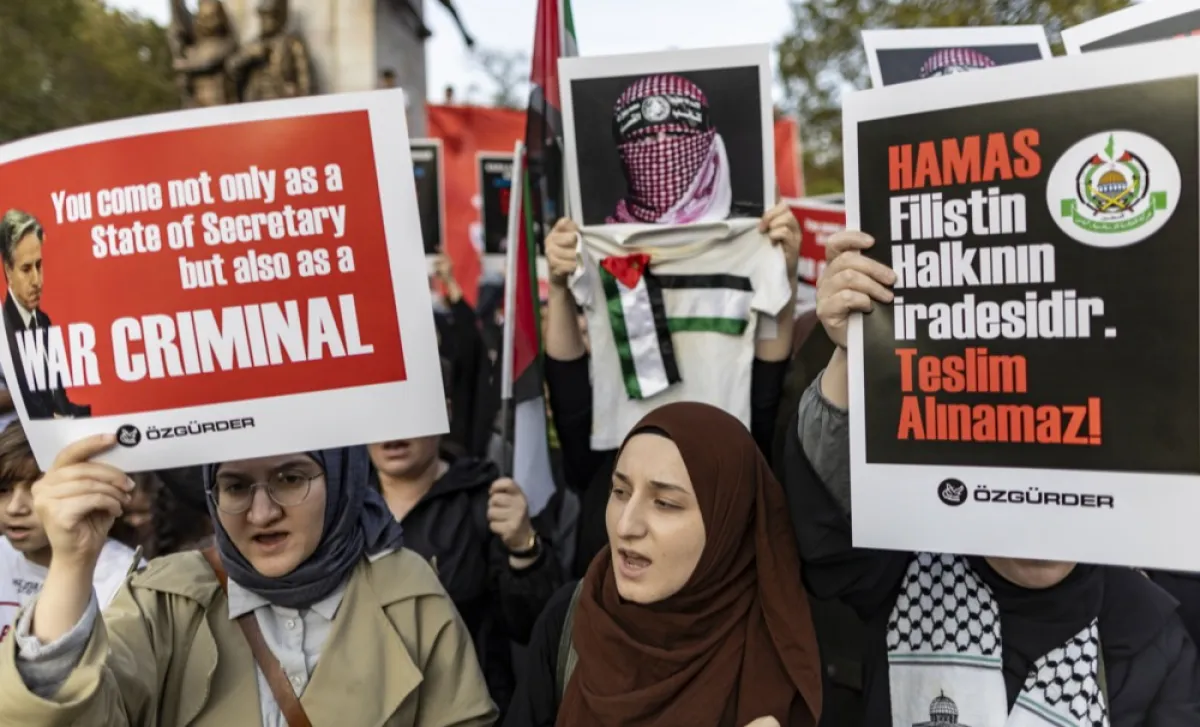
Turkey refused to condemn Hamas’ attack and criticized Israel in hopes of electoral gains for Erdoğan's Islamists. However, Turkey's regional interests will suffer.

Under a 1999 secret treaty, Romania is bound to receive 3 million Jews in case Israel disappears as a state, a known anti-Semite publication writes.

The war pitting Israel against Hamas could produce long-lasting effects, from a resurge of Islamist terrorism and compromising any hope of reconciliation between Israel and Arab countries, to the destabilization of the entire Middle East.
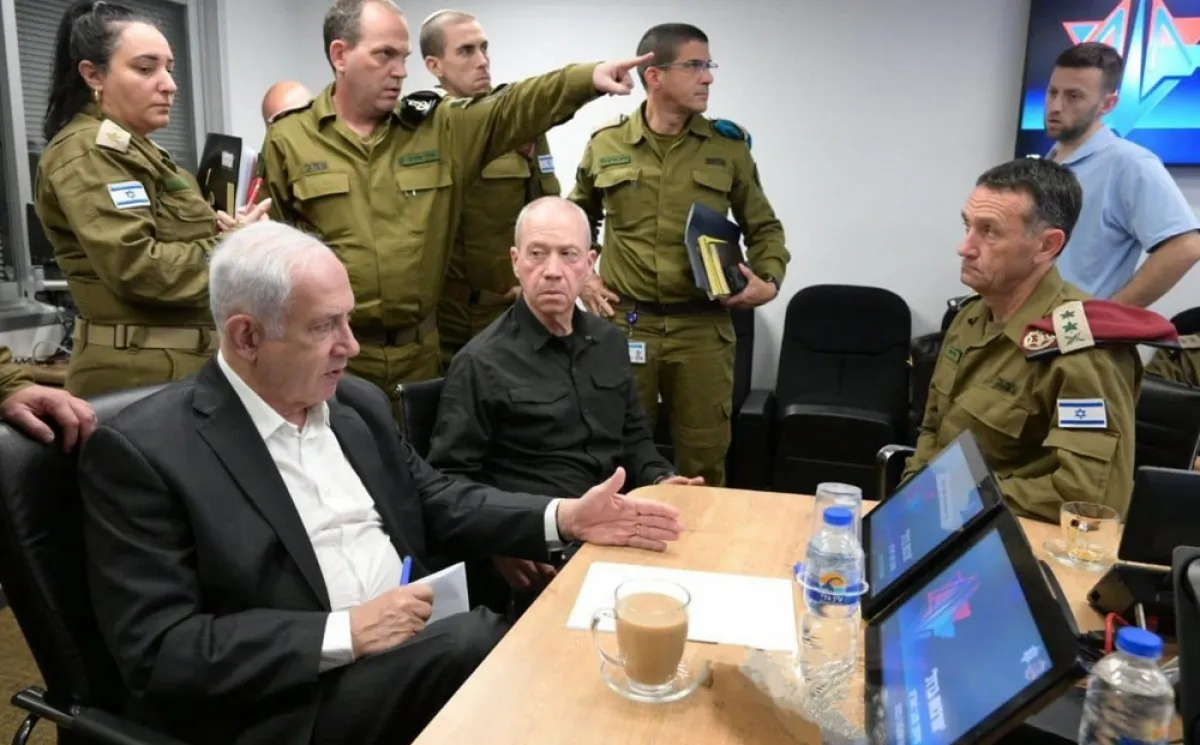
Israelis were shocked that Hamas had organized such a large-scale attack without the security services finding out. Will Netanyahu pay the political price for this failure, or will the formation of an emergency government save him?

The Russian state media claims, part of a propaganda narrative, that the Ukrainian refugees in Germany will be accommodated in the former Nazi concentration camp of Sachsenhausen. In reality, the former camp is now home to a memorial museum, and the images used to show the accommodation invitations for the Ukrainian refuges are fake.
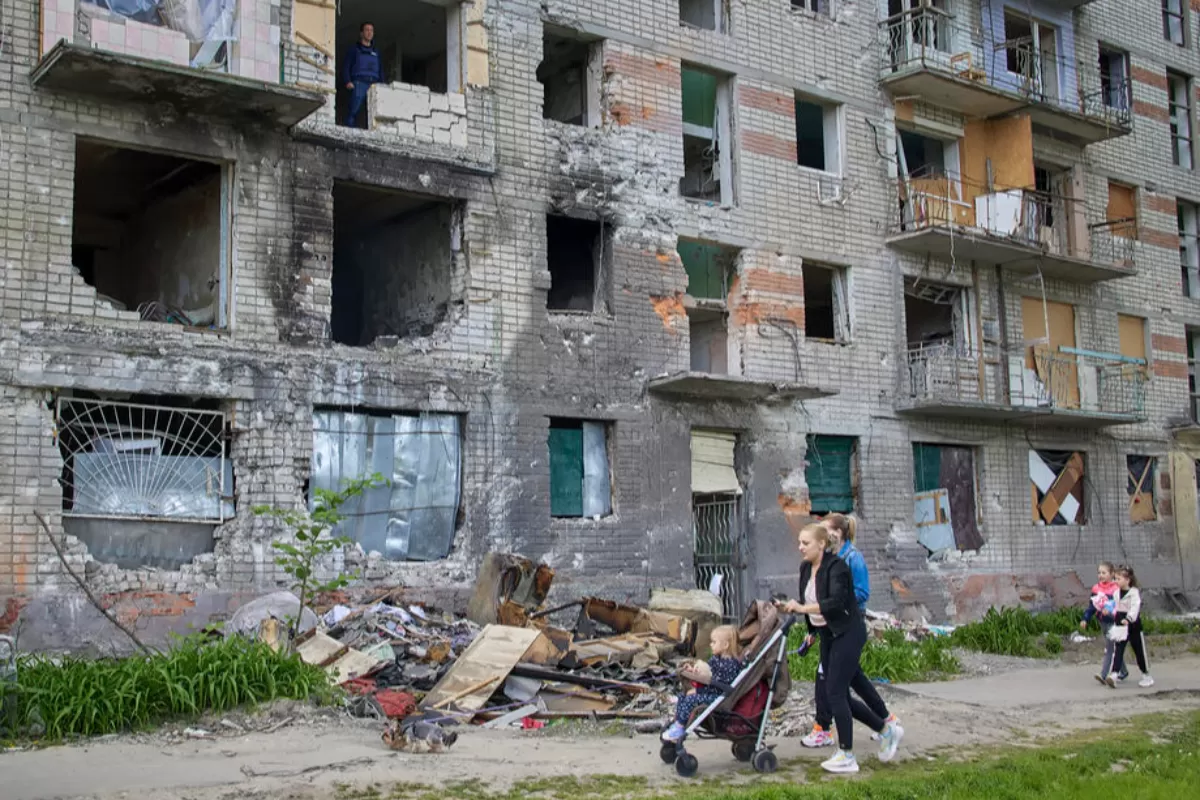
The war in Ukraine is but the latest conflict at the start of a century that turned out to be rather impetuous, from the Middle East and Africa to the Caucasus, Central Asia and the Far East. It broke out just as mankind breathed a sigh of relief, acting as if the (coronavirus) pandemic was over, while others fear the new pandemic is already here. Will wars and pandemics become the “new normal” for the human race?
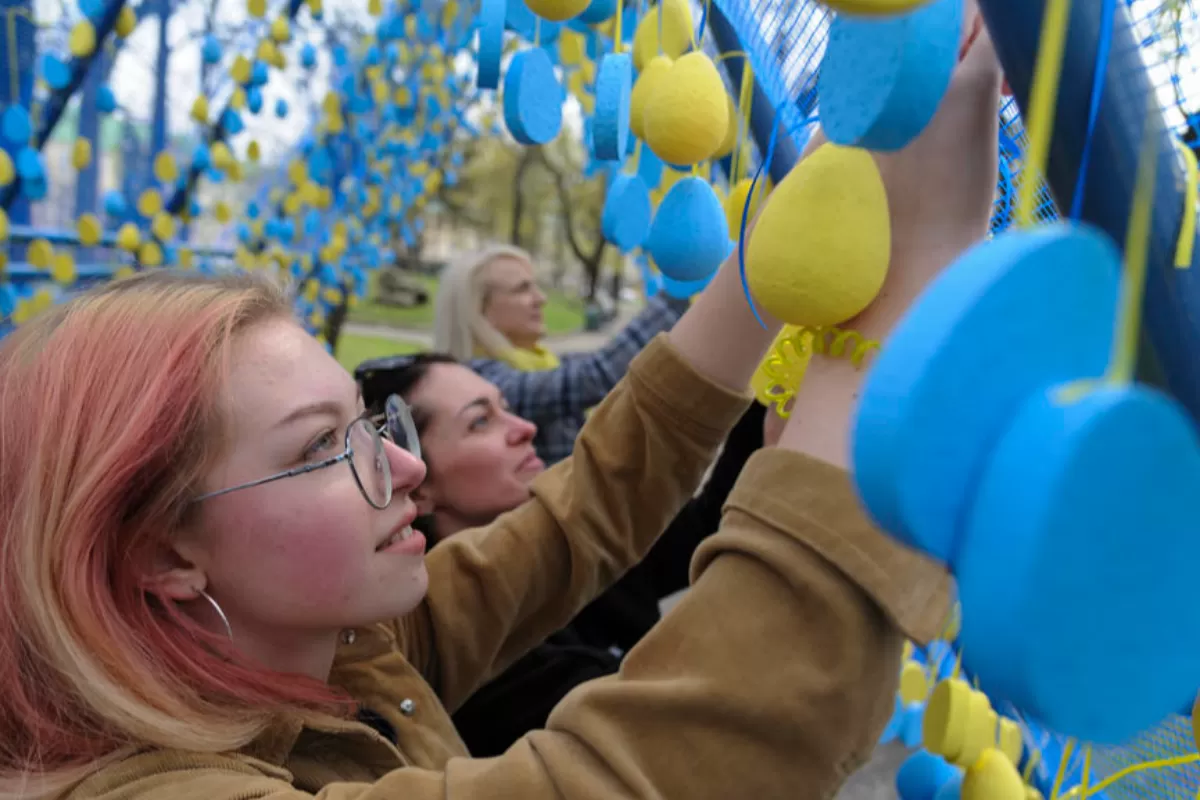
There is now a great deal of coagulation in Ukraine over the national idea, and Ukrainians quickly understood, from the earliest days of the Russian invasion, that they have to either fight or be killed, says Nadija Afanasieva, director of the Ukrainian Institute for International Politics in Kyiv. In an interview with Veridica, the international relations expert explained what Vladimir Putin actually meant when he said that Russia had “noble intentions”, but also what the role of the Transnistrian region in the economy of this war is.

Despite its overwhelming superiority in terms of military strength, Russia did not attain any notable objective in Ukraine, primarily due to the Ukrainians’ staunch resistance. Evidence of that can be found in the territories occupied by the Russian army, where the population refuses to accept occupation forces and the few local collaborators the Kremlin is trying to impose in key leadership positions.
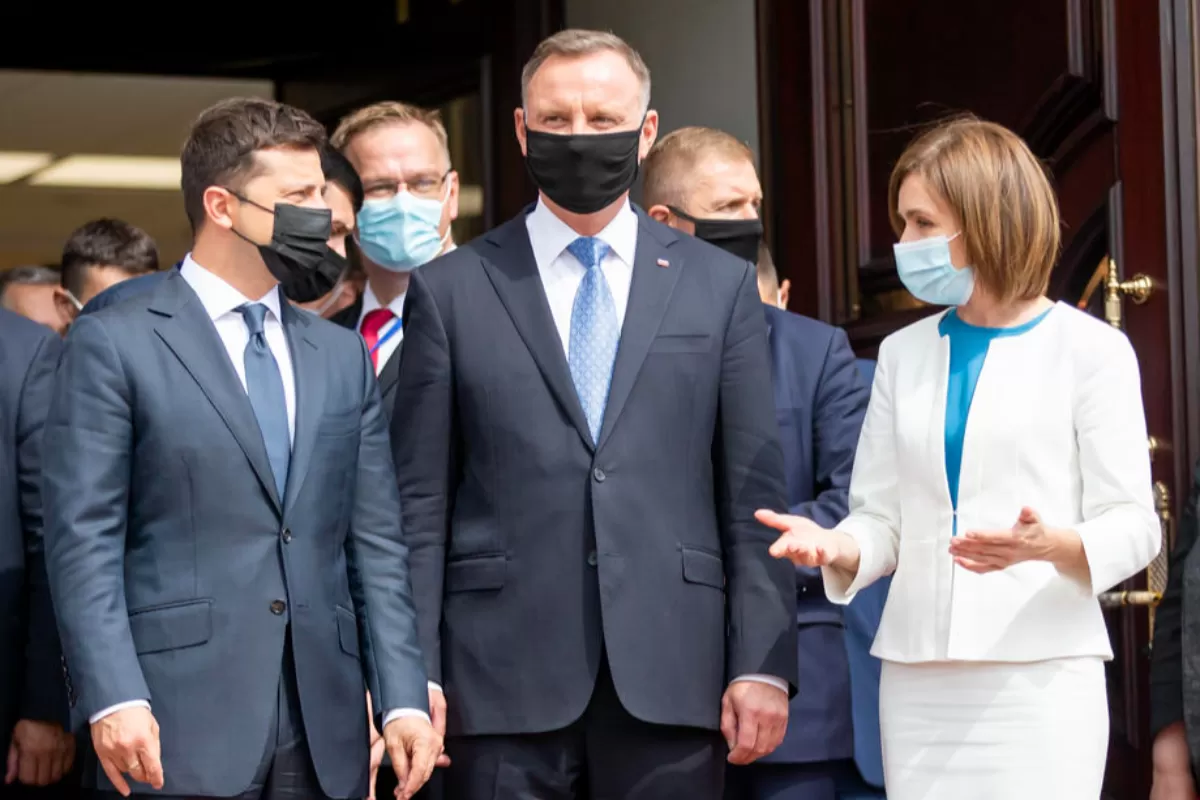
In recent weeks, the Republic of Moldova has seen increasing pressure from Ukraine. Kyiv is persistently calling on Chișinău to take measures in order to rally itself to the international sanctions imposed on Russia. Such a move would be however irrelevant in economic terms, and wouldn’t represent such a strong signal not even at political level. Instead, it could cause bigger troubles for the pro-European government,

Russia has been trying for years to keep a foothold in the Western Balkans, especially through its connections with Serbia and Serb groups in the region. The war in Ukraine may now push Moscow’s allies closely in the Western camp.